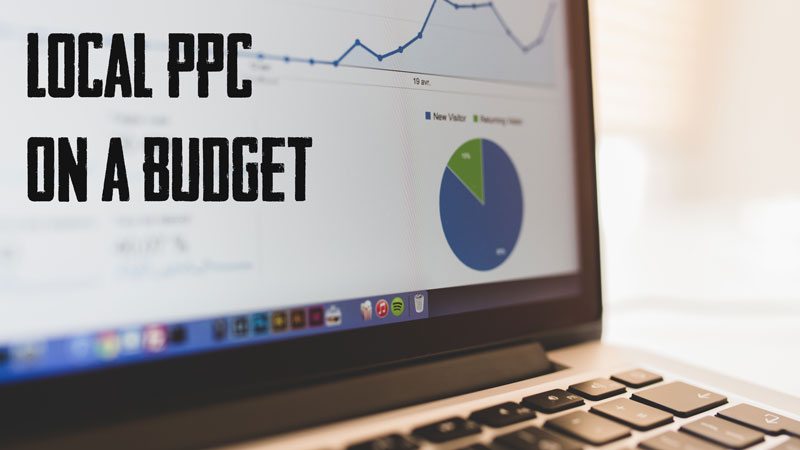Local PPC on a Budget: Part 2
 NOTE: This is Part 2 of a four-part series on how franchisees can effectively use a local PPC strategy, even on a limited budget.
NOTE: This is Part 2 of a four-part series on how franchisees can effectively use a local PPC strategy, even on a limited budget.
Ad Groups in Nonbrand Campaigns
Ad groups should be created around the products or services you offer. Your website structure should help you figure out which ad groups you need to create. If you have a web page for an individual product, then it should have its own ad group. If you want more traffic for a certain product, you may want to create an additional campaign for that product(s,) so you can allocate a certain dollar amount to this campaign each day.
Each ad group should have its own landing page and its own 2-3 ads. The structure of the ads can be similar to the ad structure in the other ad groups, but the ad copy needs to be directly related to the keywords/products in the ad group name.
Keywords in the Nonbrand Campaigns
Within each ad group, you will create keywords, bids for those keywords, and assign landing pages to each keyword. Keywords should be built using the keyword planning tool. This will be the most efficient way to build a keyword list. The more keywords, the better as long as they are directly related to the ad groups that you are building out.
You want to have three match types for each keyword. Broad Match Modified, Phrase, and Exact. Google has a match-type guide for more information on what each entails.
Bids should be set at a competitive level and tiered from Exact down to Broad Match Modified. An example of this is below.
Exact match – [snow tires] – $2.00
Phrase match – “snow tires” – $1.75
Broad Match Modified – +snow +tires – $1.50
This will allow you to rank more competitively for the exact terms, which are typically more likely to convert.
Some of your high-priority keywords should have the city name appended on to the end of the keyword.
Geo term example: +snow +tires +Denver
Conversion Tracking
There are many ways to track conversions. We recommend following the AdWords guide for setting up conversion tracking.
This will help you determine a Cost-Per-Lead (total spend/leads) if you do not sell products online, or will help you determine the direct ROI if you have an ecommerce website.
Negative Keywords
Your negative keyword list will grow as you start to see search queries come in for unwanted traffic. Here is an example of when you would want to add a negative keyword.
If you are bidding on the keyword “snow tires” and someone types in Google “free snow tires”. Since you know that you don’t give away free snow tires, “free” is an example of a good negative keyword to add to your campaigns. This is simply web traffic that we don’t want to spend money on.
As time goes on, you want to monitor your search queries report in the AdWords interface. As you see queries for traffic that is not related to your products, add them as a negative keyword. For the first couple of months, you should be monitoring these search queries and adding negative keywords on a weekly basis.
Extensions
Location Extensions
- If you have a brick and mortar store location, add in the address of your store. This will allow the user to click on the address and get directions to your store.
Call Extension
- Simply add your main store numbe,r and opt in for call tracking conversions. This will let you know how many people called your store from the ads.
Sitelinks
- Sitelinks should be added based on additional products that you think the user may be interested in, and the landing page should be set to the product(s) in the sitelinks.
Callouts
- Callouts are short words or phrases that should be 12-15 characters in length. They should be added to help explain the product or the service that you offer. They are not links, and a user cannot click on them.
Ad Scheduling
Ad scheduling depends on your business and your budget.
24/7 services should have an ad schedule of 24/7
- As you monitor conversions over time, you will have a better understanding of when you should be scheduling your ads.
Monday-Friday 9 a.m. – 5 p.m. businesses
- For companies that are open specific times during the week, you should spend the majority of budget around business hours if you have a limited budget. If you have a little extra to spend, consider running your campaigns 24/7 and placing bid modifiers to increase bids around this time.
Check back next week for Part 3, where Boyd will explain how metrics affect your local PPC campaigns. If you have any questions or suggestions, feel free to comment below.
Stay In Touch.
Subscribe to our monthly email newsletter.
